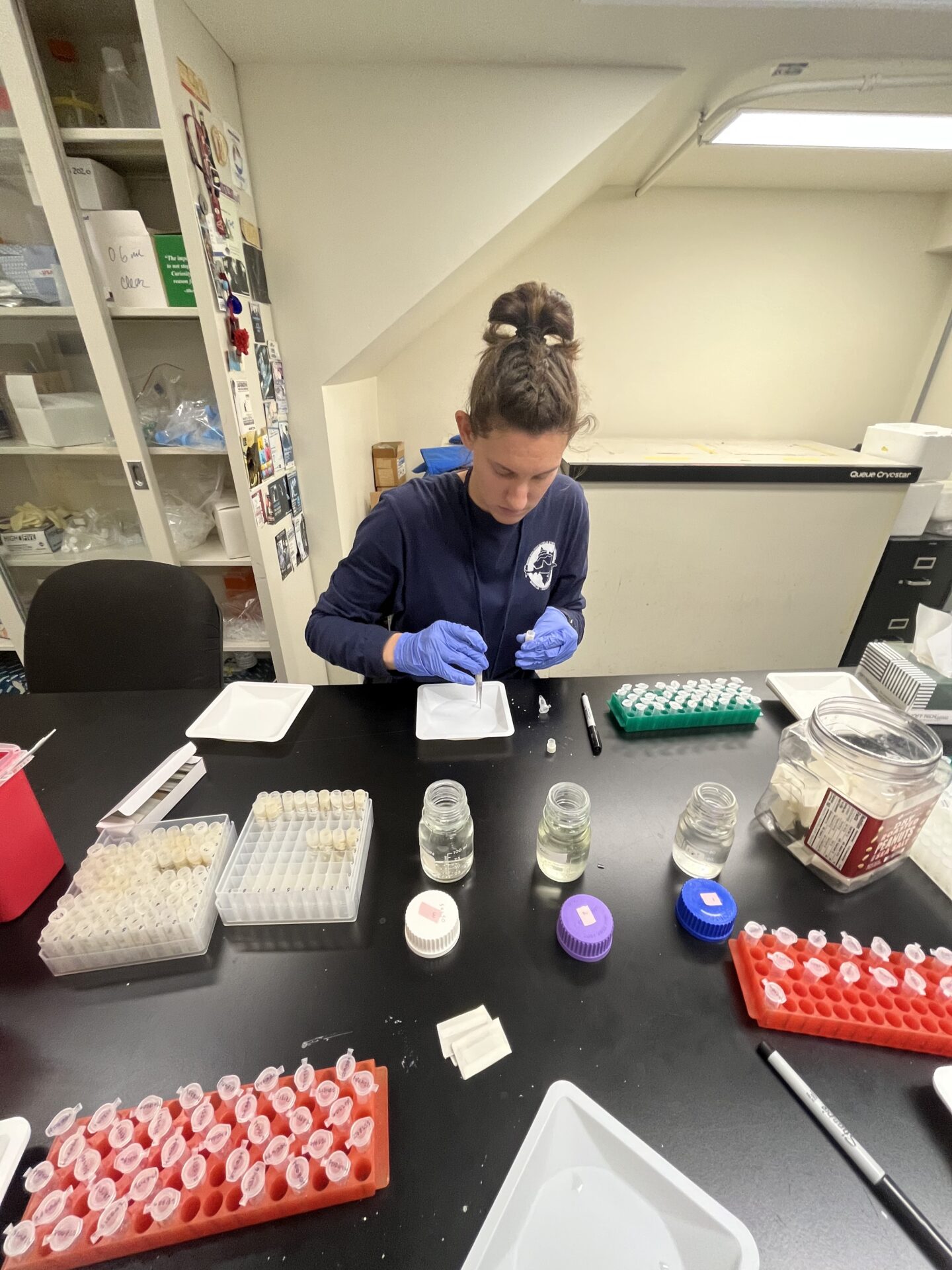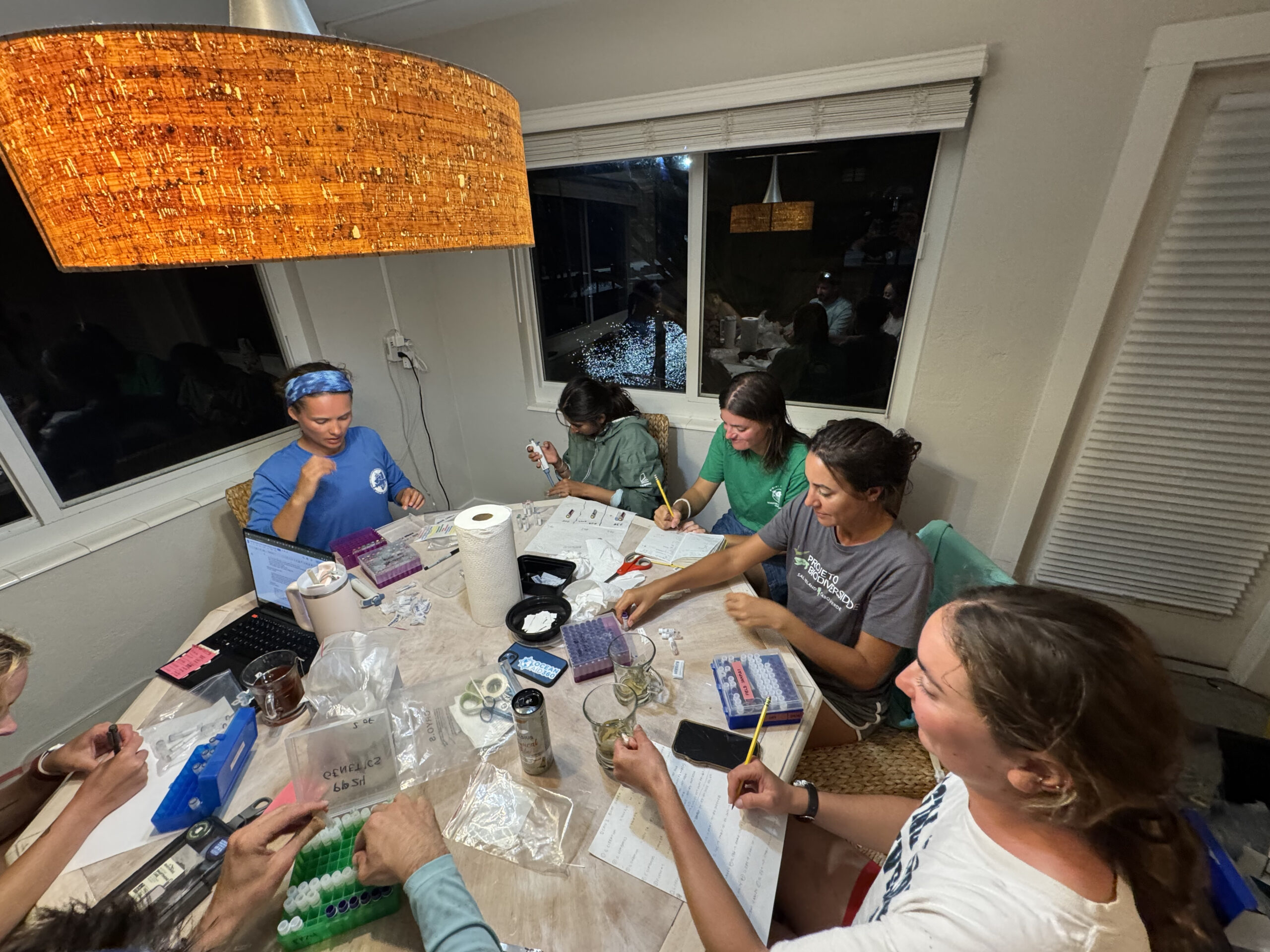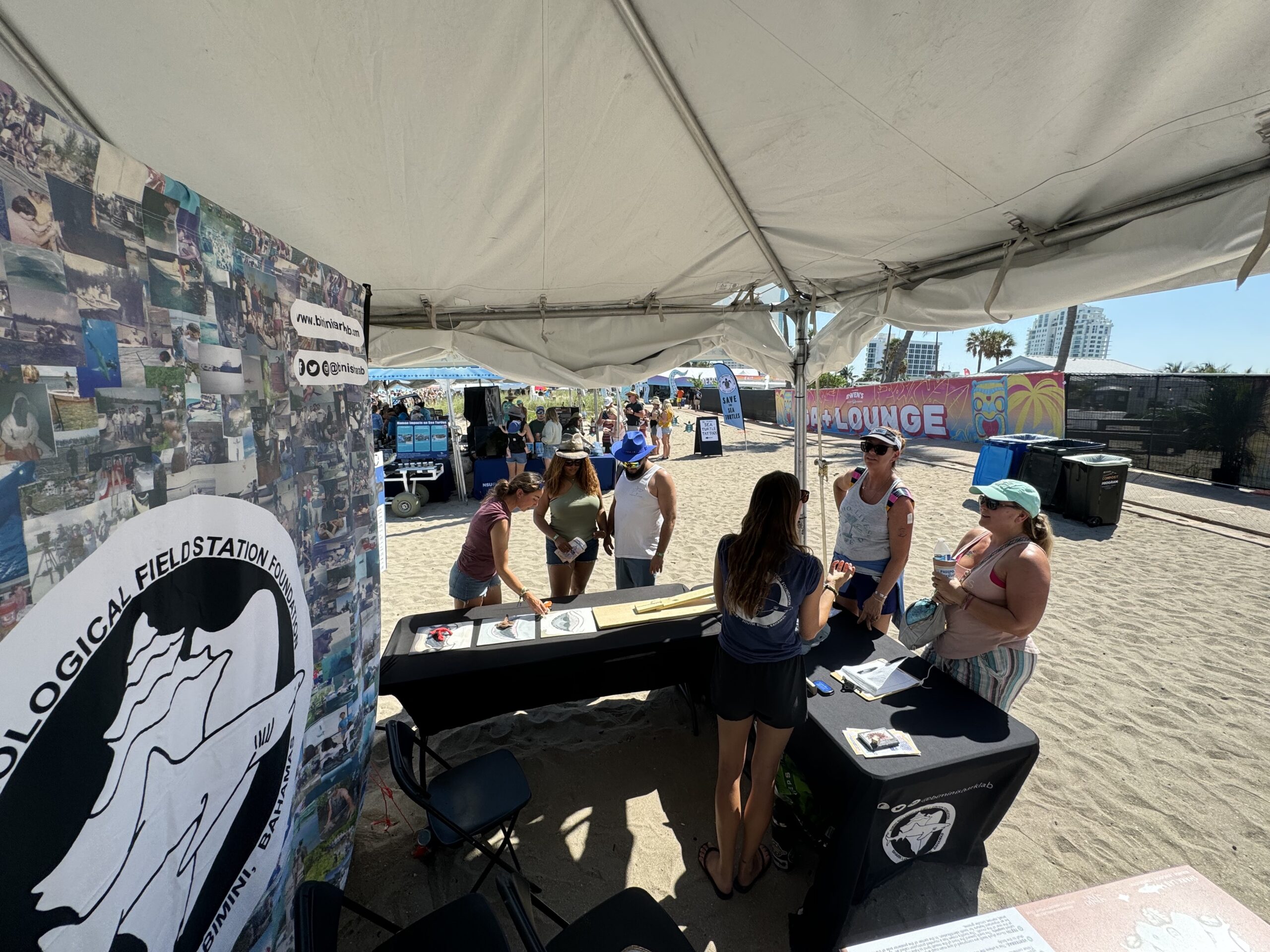Diving into a career in marine science
Over the past three decades, the Bimini Shark Lab has hosted more than a thousand interns and students from all around the world. These are typically early career scientists who are interested in pursuing a career in marine science and conservation. Often, they will ask for advice such as “How do I start in a shark science?” The answer to this is somewhat complicated and multi-layered, usually requiring a more in-depth conversation about the person’s goals and ambitions. While it may seem basic, it is important for the student to initially consider what they mean by ‘shark science career’. Does this refer to ‘field research’ in particular, or more broadly to marine science and conservation? An important consideration for students is what major to pursue in undergraduate and graduate degrees, or if an advanced graduate degree is indeed necessary for their goals. Few people receive a degree that is specialised in ‘shark science’. Instead, there are a variety of academic majors that one can pursue with the goal of working in marine conservation. Depending on the academic institution, this may fall under the umbrella of biology, fisheries, marine science, or others. It is important to remember that although sharks are the focal species of some studies, the same methods and scientific processes can be applied to other taxa. Therefore, it is not necessarily the title of the major that matters, but the skills one gains through that degree. For example, my undergraduate degree was ‘Wildlife Ecology and Conservation’ which included a significant portion of curriculum that focused on terrestrial ecosystems. However, these skills helped prepare me for my future career.

Shark Lab student, Baylie Fadool, processes fin clips for genetic analysis. Photo © Baylie Fadool
For early graduates, the job search for an entry level position in marine science can be daunting. From an outside perspective it may seem that spending time in the field, specifically the ocean, is at the core of this career. However, focusing solely on being in the field can sometimes lead to frustrations for job seekers, due to few job openings and a competitive application process. For those that do not live within close proximity to the ocean, a land-locked location may be viewed as an impediment. There are personal, family, financial, or other life circumstances that can prevent relocation. However, there are some jobs that can be performed far from the ocean, and research organisations often collaborate with people who are thousands of miles from their study sites. Of course, it is always beneficial to have people join at the field site, so that they can see the focal animal(s) and ecosystem(s) for themselves. That being said, local museums, aquariums, universities, and non-profit organisations all provide great opportunities for early career scientists to get involved.

Shark Lab crew members speak to the general public at Rock The Ocean festival. Photo © Wyatt Albert
Considering the broader perspective of the marine science and conservation discipline can provide more opportunities for recent graduates when they are beginning their career and obtaining valuable new skills. It is important to understand that any opportunities for gaining experience in public outreach, science communication, team leadership, or education will be incredibly valuable for future science careers. Through these opportunities students may also find that there is a non-traditional and non-field-based career that interested them and can support marine conservation. As with many other industries, marine science has become very interdisciplinary and the best outcomes result from working across many sectors of various industries. In addition to ‘field researchers’, there is a need for business people, fundraisers, politicians, engineers, information-technology specialists, data analysists and more. These people are all essential in supporting the overall success of marine conservation.

Shark Lab crew members process samples and data from a field research trip. Photo © Wyatt Albert
